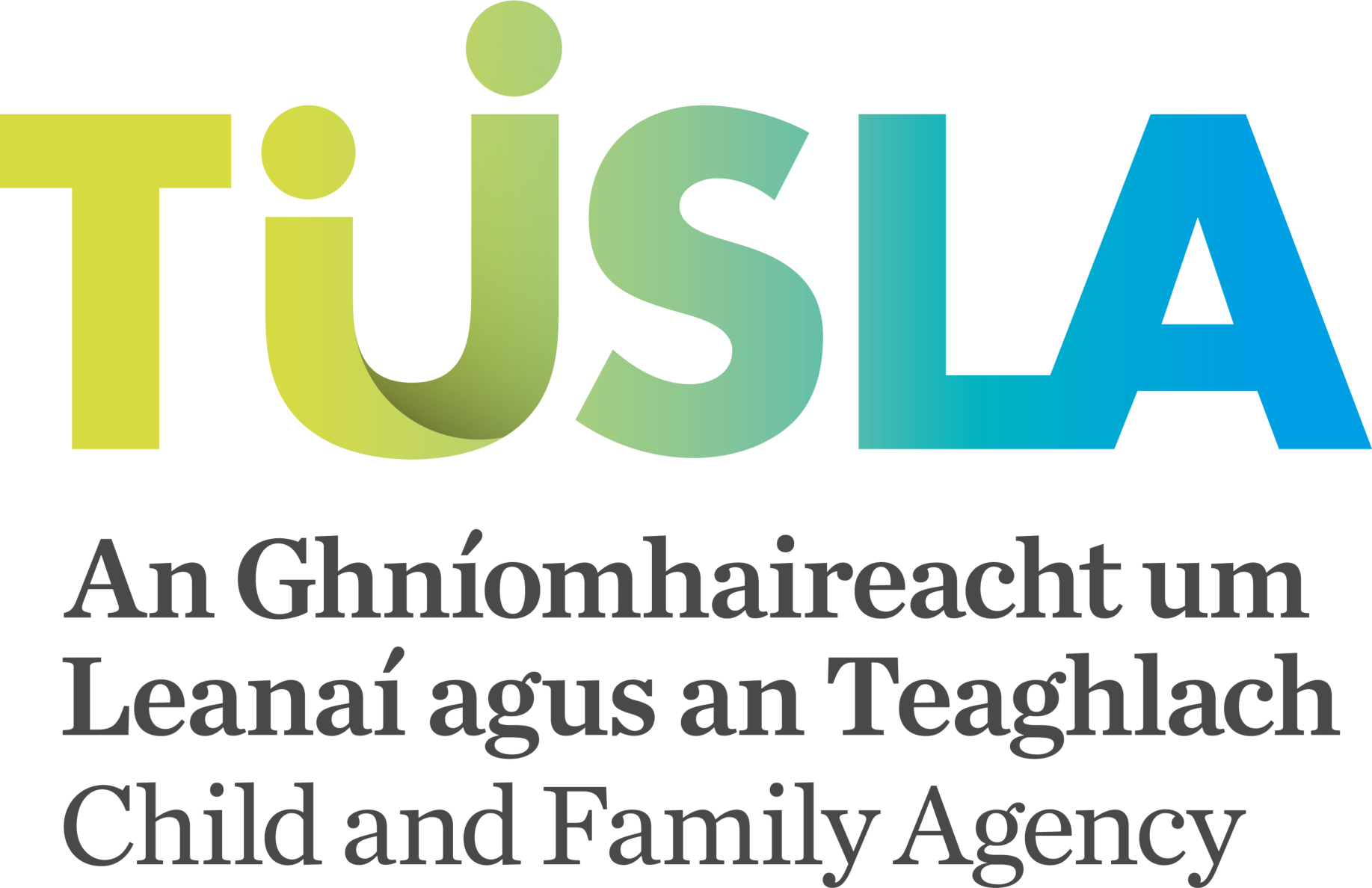More than one in five pregnancies ends in miscarriage – around 14,000 women in Ireland each year have a miscarriage. Sometimes miscarriage can happen very early in the pregnancy, before you may even realise you are pregnant. In this situation, a menstrual period is later and heavier than usual and sometimes the woman may not even suspect she has had a miscarriage.
Symptoms vary from person to person and some people who have experienced more than one miscarriage tell of having different symptoms each time.
Many women may start to bleed and have pain. This bleeding can vary from being dark brown to bright red and the pains can be cramping in the lower abdomen or in the back. Sometimes women experience pain in the tops of the shoulders.
Sometimes there can be bleeding in early pregnancy and some women have spotting throughout their pregnancy and their pregnancy still proceeds without any further problems.
Any amount of bleeding or pain should always be checked out by your doctor or hospital.
Some women experience very little or no bleeding or pain at all.
Lack or loss of pregnancy symptoms can also sometimes be a sign of miscarriage, but like pain and bleeding, that doesn’t necessarily mean there is a problem. Some women have very little in the way of pregnancy symptoms, and many feel differently in different pregnancies.
However, if you have strong pregnancy symptoms which suddenly reduce or stop, especially well before 12 weeks of pregnancy that might mean that the pregnancy hormone levels are dropping. You may want to talk to your GP or hospital if this is the case.
In some cases, there are no signs at all that anything is wrong and miscarriage is diagnosed only during a routine scan. This is called a missed miscarriage.
Many women who have experienced loss in pregnancy are understandably not sure about what is happening, this can make the whole situation frightening and more distressing. Whereas most of us are well cared for physically by our doctors, at the hospital or at home, many people’s emotional needs aren’t taken into consideration and most of us receive no follow-up aftercare.
People cope a lot better with their loss when they have as much information as possible and when they get good emotional support.
 Donate
Donate
